The Australian’s Natasha Robinson recognised for coverage of mental health sector crisis
The Australian’s Health Editor has been recognised for her ‘groundbreaking coverage’ of issues affecting the nation’s mental health sector.

When The Australian’s Health Editor, Natasha Robinson, lifted the lid on the woes of the nation’s mental health sector, her series gave a human face and voice to a system struggling to cope with complex patient demand and an overstretched workforce.
Readers may recall 75-year-old Craig, who has spent much of the past 30 years living on the street. He felt he had been abandoned after the closure of Rozelle Hospital in Sydney decades earlier.
Or the fears of a specialist who described the “neglect and severe inequity in relation to mental illness” as being worse than ever and in desperate need of reform.
Now, Robinson’s work has being recognised with Psychosis Australia’s inaugural Social Impact Media Award.
“Natasha’s investigative work includes groundbreaking coverage on mental health, systemic failures, and health equity, earning her a reputation for fearless social-impact journalism,” Psychosis Australia noted.
“Her reporting has driven national conversations on health reform and policy change.”
Professor Brian Burdekin was Australia’s first Human Rights Commissioner and has long advocated for the needs and rights of people with mental illness and disability. He was a keynote speaker at the awards and said Robinson’s recognition was well deserved.

“That was the most well researched and responsible piece of journalism I’ve seen in the last 12 months,” he told The Australian.
“What came out in those articles was a very well researched, well documented series of articles and interviews relying exactly where it had to rely on; people with lived experience. Not just people who themselves had had a psychosis or a psychotic experience, but people who were their carers.”
Burdekin has written extensively of the inadequacies and discrimination within the mental health system. He said while there had been some improvement, mental health budgets were still far below recommended levels and there was still a long way to go.
“I’ve been around our system in various capacities long enough to know that if governments say they can’t afford appropriate care for the most vulnerable people in our country, that’s a lie,” he said.

“We’re one of the wealthiest countries in the world. We can afford what we choose to afford. The only question is, do we give it a priority?”
In his speech, he told attendees governments have a clear responsibility for the most vulnerable and disadvantaged.
“That responsibility cannot be – and must not be – ‘outsourced’ or ‘privatised’,” he said.
“If governments dishonour their responsibility, there is a clear and present danger, on all the evidence available, that many of our most vulnerable Australians will suffer serious consequences and, in some cases, pay with their lives.”
The awards were announced during the group’s biennial conference in Brisbane on Tuesday.
Psychosis Australia is a not-for-profit organisation that describes its mission as being to “transform the research landscape to improve the lives of people who live with psychosis in partnership with all stakeholders”.
Other award recipients include Simon Katterl, a lived experience advocate from Victoria who was awarded the Human Rights Award for his tireless work to hold those behind mental health systems to account and for championing the rights of society’s most vulnerable.
Researcher Helena Roennfeldt was given the inaugural Lived Experience Leadership Award.
“Her research into mental health crisis care has directly influenced frontline services and policy,” Psychosis Australia said.
Mental health: Cast Adrift
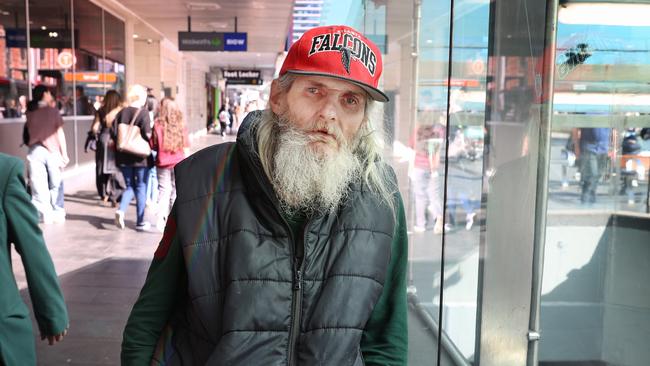
Home truths: jails overflow as mentally ill live on the streets
Since the closure of mental asylums, the ranks of prisoners and the homeless have swelled with the severely mentally ill.
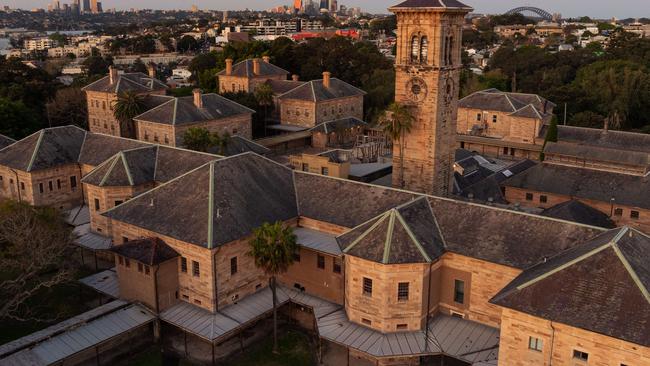
‘Nowhere to go’: supported housing could ease the burden of mental illness
Investments in housing for those with severe mental illness would reap enormous gains and savings for the nation.
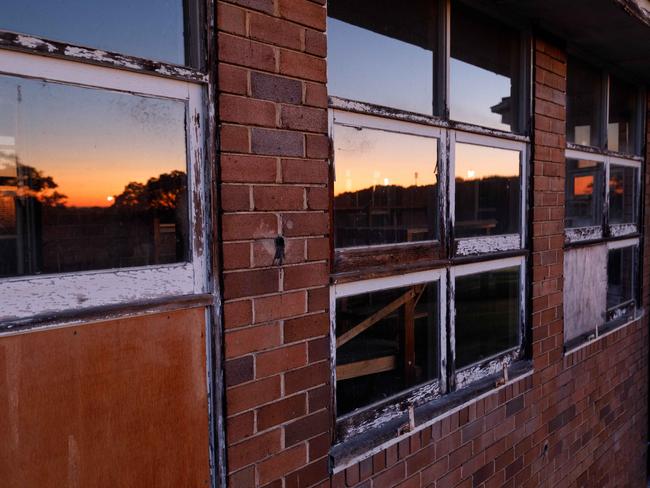
Shocking plight of mentally ill ‘a stain on nation’
Health Minister Mark Butler describes the atrocious health outcomes, social exclusion and widespread homelessness as ‘a shocking reflection on our community’. The situation is revealed in a report by The Australian and Australian National University.
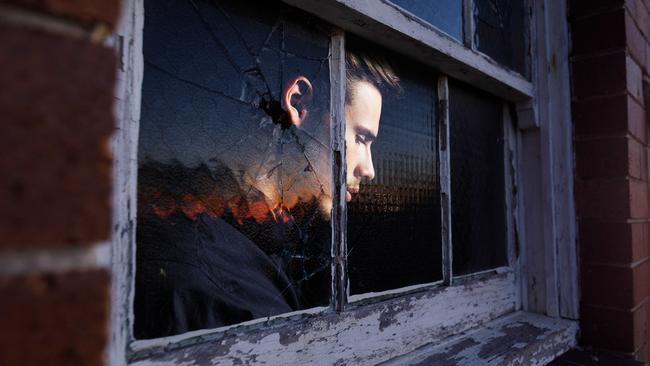
The clearing out of asylums was meant to provide hope. Instead it spawned an underclass
The severely mentally ill were promised a better future after asylums were mothballed. The promises were hollow.
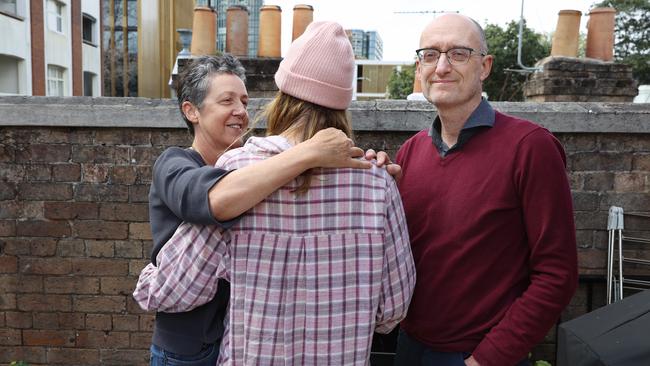
‘My nightmare of trauma and terror’
I am a 29-year-old woman living with treatment-resistant schizophrenia. I spent most of my younger years in and out of the public mental health system. This is my story.

Shocking life expectancy gap has not shifted in a century
The huge gap in life expectancy between those with severe mental illness and the rest of the population is growing in Australia, with no improvement in sight.
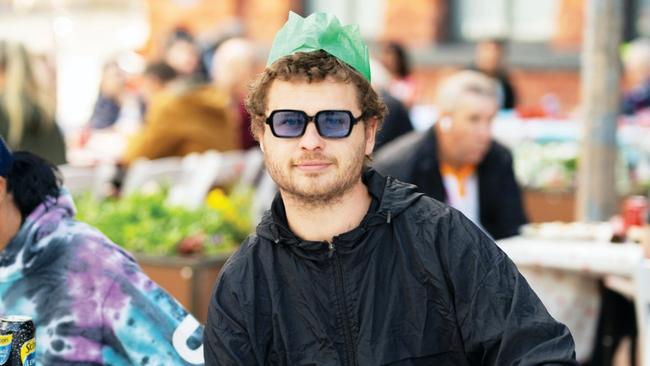
‘As a father I’m heartbroken, as a taxpayer I’m appalled’
Patrick Leunig went to a top private school and was set to study law. Then his life spiralled downwards. His grief-stricken father tells of how our system failed his son.
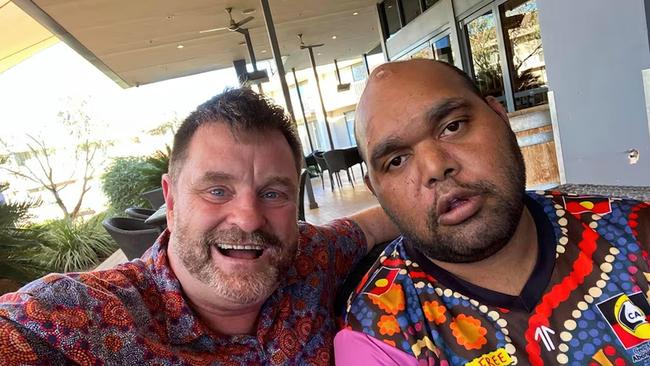
Freedom fight: Locked up and invisible in the heart of Australia
A young Aboriginal man’s escape from hell charts a community win for one of the many cognitively impaired and mentally troubled First Nations offenders who languish in our prison system.
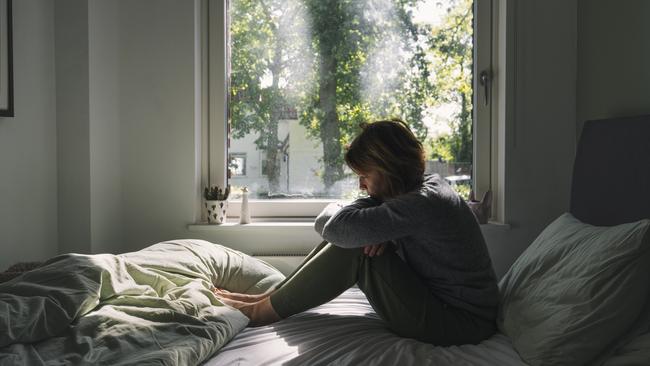
Australia has a chance to fix its mental health system. Will we take it?
Australia’s broken mental health system has failed hundreds of thousands of people with severe illness with ineffective care – and that’s if they can access any at all. But one initiative may shift the dial.
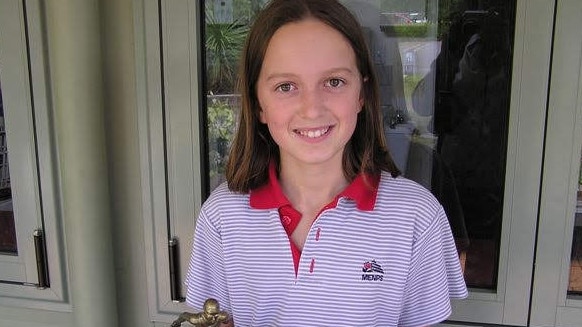
‘The mental health ward became my prison cell’: a patient’s plea for change
Billie spent more than 1000 days in hospital before she turned 18. Damaged but determined, she is now speaking out for mental health reform.
Respected psychiatric epidemiologist Professor Vera Morgan received the Research Award. She is best known for her research into psychotic illness that has helped to inform the way psychosis is understood and responded to in Australia.
Psychosis Australia chairman Rob Ramjan told The Australian this was the first time the group had expanded its recognition beyond the Human Rights Award.
“Psychosis Australia is honoured to present these four awards to such outstanding people, each of whom in their own way has greatly contributed to reforming our failing system of mental health care and the continued plight of people with psychotic illnesses,” he said.




To join the conversation, please log in. Don't have an account? Register
Join the conversation, you are commenting as Logout